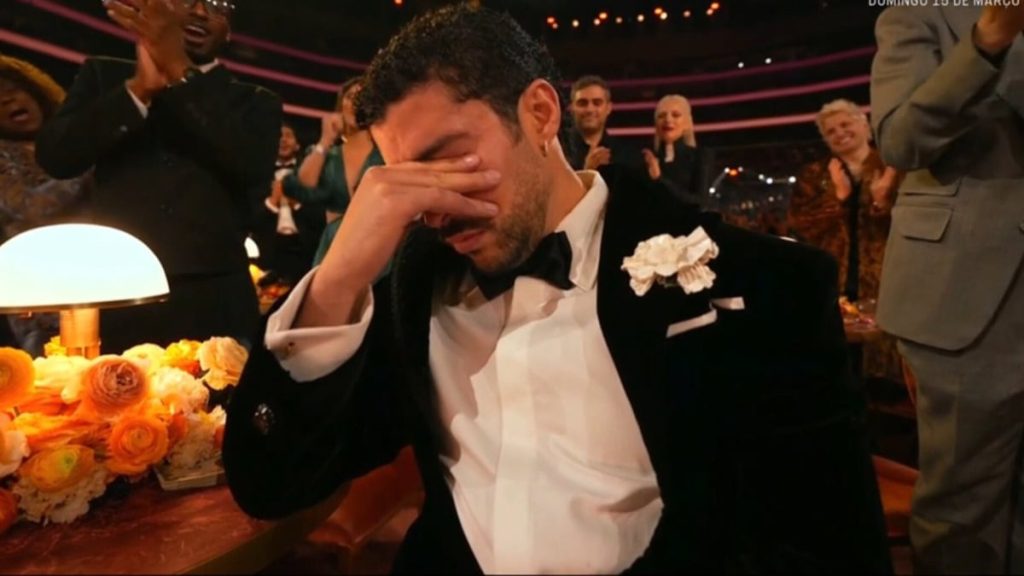Buckingham Palace has declined a request from the Ethiopian government to repatriate the remains of Prince Alemayehu, who was buried at Windsor Castle in the 19th century. Prince Alemayehu, believed to be a descendant of King Solomon, was taken to England in 1868 after the Battle of Maqdala, during which British soldiers looted his father’s imperial citadel.
Queen Victoria took an interest in Alemayehu and arranged for him to study at elite schools before sending him to the military training academy at Sandhurst. He left the academy less than a year later and died of pneumonia at the age of 18 in Leeds in 1879. Upon Queen Victoria’s request, he was buried at St George’s Chapel in Windsor Castle.
The Ethiopian government and Prince Alemayehu’s family have both requested the repatriation of his remains but Buckingham Palace has declined, stating that the removal of the prince’s remains could disturb the resting place of numerous others in the catacombs of St George’s Chapel. The palace spokesperson stressed the need to preserve the dignity of the departed but also acknowledged the responsibility to honor Prince Alemayehu’s memory. The statement also mentioned that the royal household had previously accommodated Ethiopian delegations’ requests to visit the chapel.
This rejection comes amidst ongoing debates regarding the repatriation of looted cultural artefacts. Thousands of treasures, sculptures, and other artworks, many of them dating from the 16th to the 18th centuries, were looted by British colonists and remain in the British Museum. The return of such artefacts has become an increasingly pressing issue for some Western nations. Meanwhile, Prince Alemayehu’s remains will remain at St George’s Chapel in Windsor Castle.



